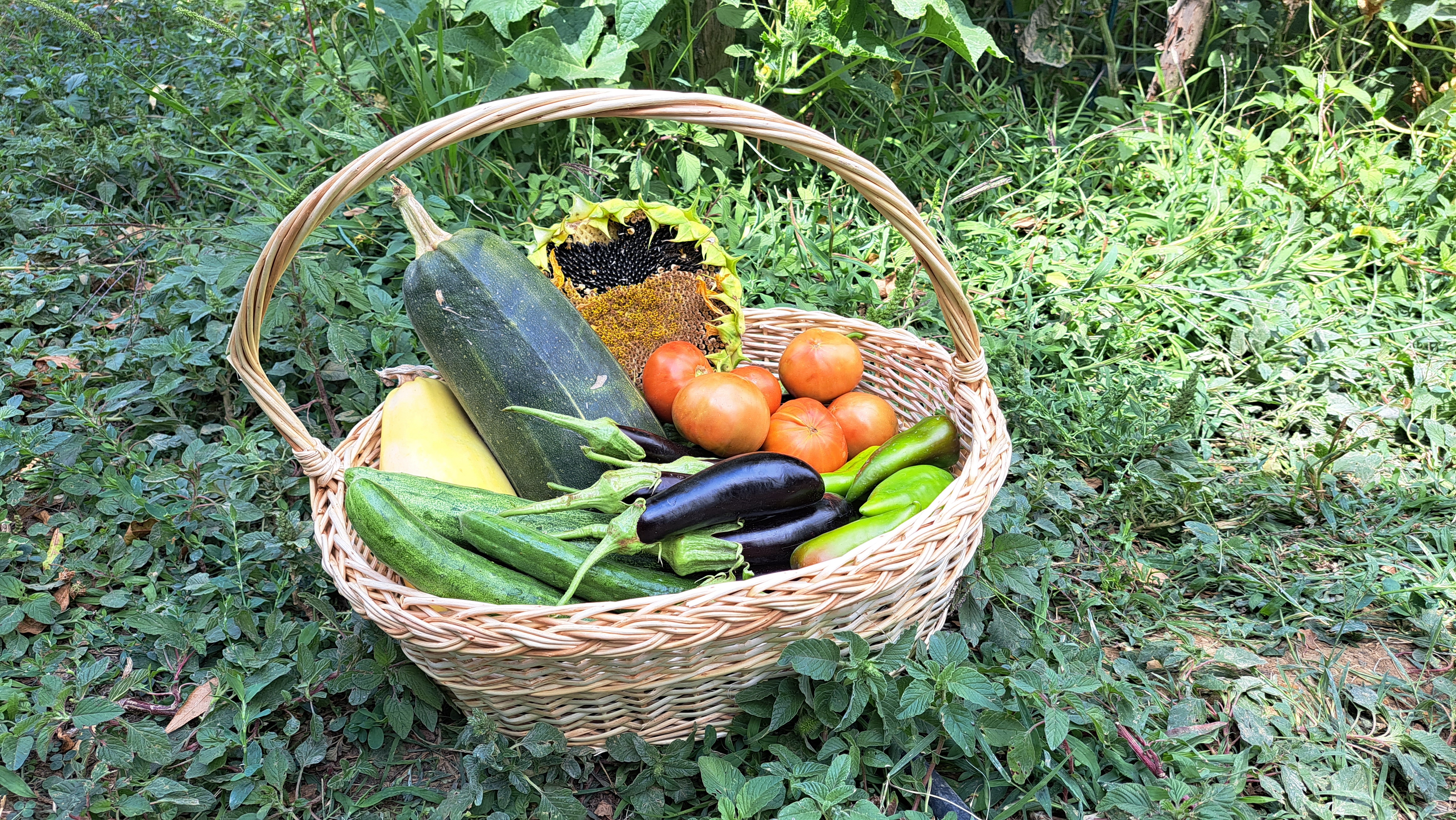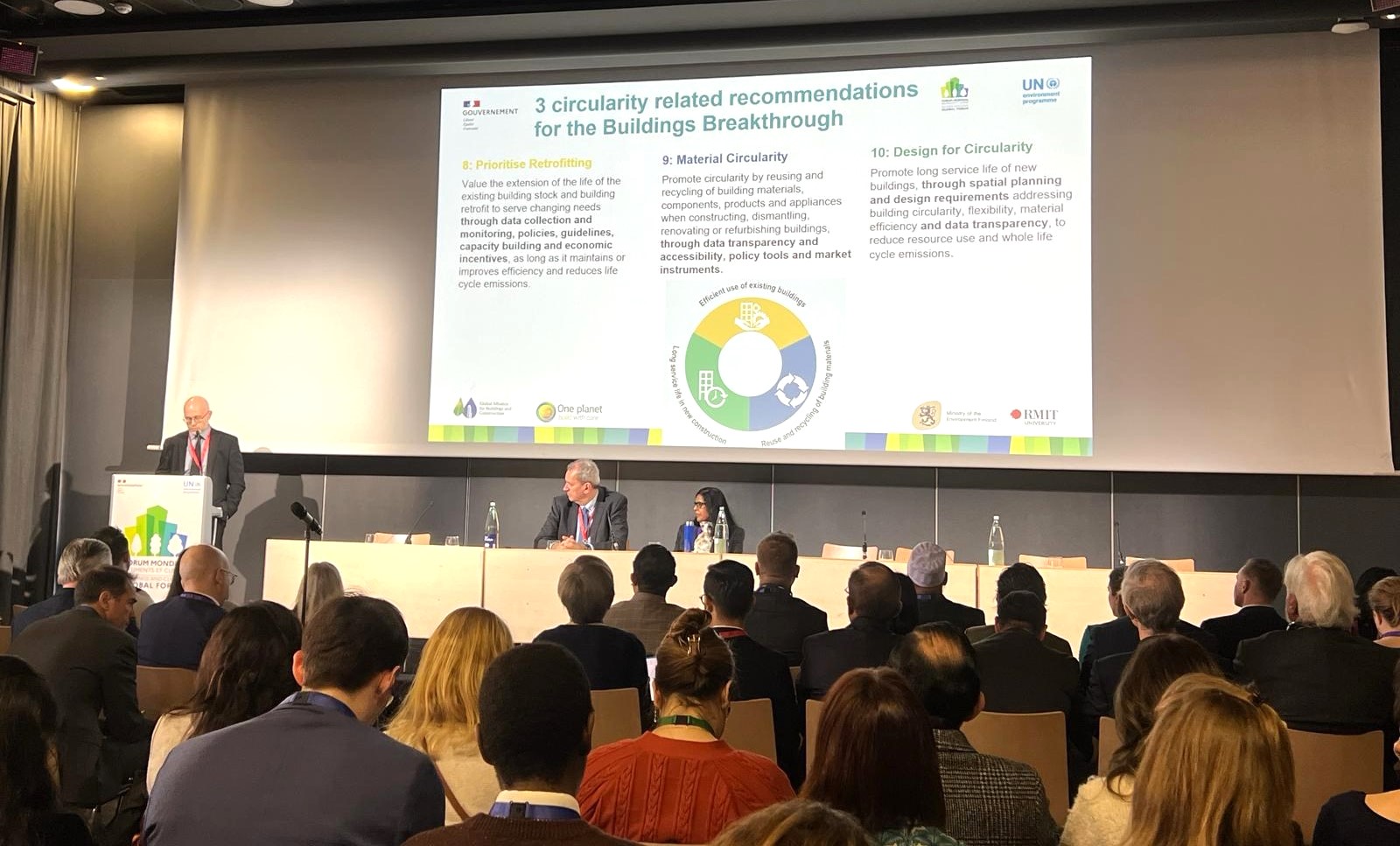Applying circular economy practices to optimize environmental performance – A case study of JG Afrika’s Operational Materials Management Plan for Hotel Verde, South Africa
Hotel Verde in Cape Town, South Africa, is the first hotel in Africa to offer carbon neutral accommodations and conferencing facilities. Known as “Africa’s Greenest Hotel”, it has implemented a comprehensive range of interventions, including energy-saving heating systems, grey water recycling measures and green building certifications to rubber-stamp it as a world-class sustainable tourism facility. Hotel Verde is also a pioneer in offering the Hotel Carbon Management Initiative (HCMI), carbon-offsetting programme in the region. Some of the design features and systems that contribute to Hotel Verde’s eco-friendly status are its power-generating gym, solar panels and wind turbines, an intelligent building management system, efficient and intelligent heating, ventilation and air-conditioning systems, energy-efficient lighting, geothermal system, sub-soil drainage and rainwater harvesting. Responsible procurement strategies fall squarely within JG Afrika’s core belief that product and system redesign, waste avoidance and minimization as well as resource efficiency are fundamental strategies in moving towards a circular economy.
JG Afrika, an engineering and environmental consultancy, in collaboration with Envirosense CC, assisted Hotel Verde to implement a “zero waste to landfill” policy through the development of an Operational Materials Management Plan, aiming to provide the Hotel control over the potential waste generated onsite through an informed procurement process. While there have been some changes in the Plan over the operational life of the hotel, the scorecard remains in place to assist with the selection of suppliers and products used onsite. In 2013, Hotel Verde had gone the extra mile in its steadfast commitment to the principles of sustainability by applying responsible procurement as part of its hotel operations. The Plan outlines its core procurement and operational strategies to evaluate products and select the best ones for the guests, community, planet and hotelier, aiming for green procurement and waste elimination. It uses a scorecard approach as a guide in making responsible purchasing decisions and revise supplier behaviour.
Four main targets are outlined in the scorecard:
(1) Better for the Guest - evaluates the impact of supplier’s operations, products and services on guest health, focusing on efforts such as those that improve indoor air quality, help reduce allergens and minimize product toxicity.
(2) Better for the Community - assesses suppliers’ economic, social and environmental impacts as they relate to relationships in the workplace, the marketplace, the supply chain, the community and public policy.
(3) Better for the Planet - measures supplier’s efforts to protect the environment and preserve resources through its operations, products and services as reflected in its raw material use, carbon, energy, waste and water footprints.
(4) Better for the Hotelier - measures the positive contribution of suppliers’ operations, products and services to improving a hotel’s sustainability, guest satisfaction and business performance. One of the successes of the Plan was promoting better waste management among Hotel Verde’s suppliers. Its milk and fruit juice provider supplied beverages in bulk returnable stainless steel containers. Previously, milk and juice had been delivered in 5 litre, single use plastic containers. The milk and juice are now decanted and provided in reusable glass bottles and jugs, eliminating carton and plastic bottle waste. Apart from the procurement system, Hotel Verde encourages guests to recycle and implement composting to reduce food waste.


